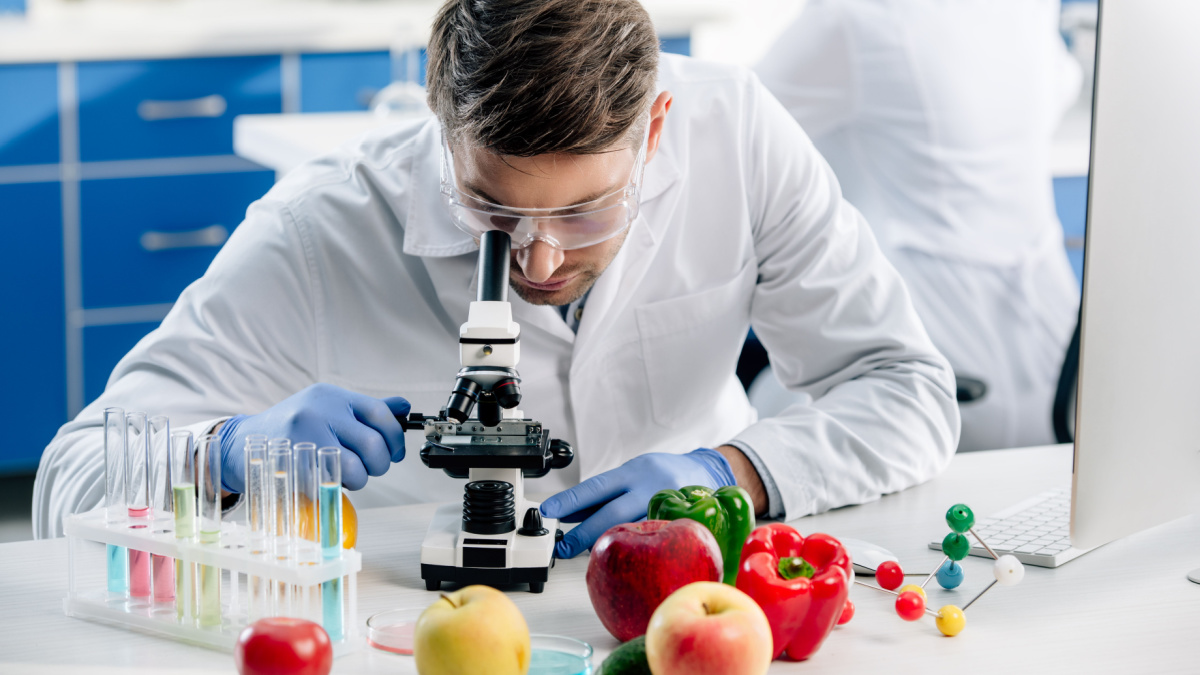
Food Testing
Food Testing
As a top-rated food testing laboratory solution provider, we bring extensive experience and expertise to the table. Our priority is to generate accurate reports tailored to the specific needs of the industry. Whether it’s ensuring compliance with safety regulations or meeting quality standards, we deliver results you can trust.
Food testing plays a crucial role in ensuring the safety, quality, and compliance of food products with regulatory standards. This process involves a variety of scientific techniques aimed at detecting contaminants, verifying nutritional content, and assessing overall quality attributes. One primary objective of food testing is to identify potential health risks associated with pathogens such as bacteria, viruses, and parasites that may contaminate food during production, processing, or distribution. By conducting microbiological tests, laboratories can determine the presence and levels of these harmful microorganisms, helping to prevent outbreaks of foodborne illnesses and ensuring consumer safety.
Another essential aspect of food testing is the analysis of chemical components within food products. This includes testing for pesticides, heavy metals, additives, and residues from veterinary drugs. Such analyses are critical for ensuring that food items comply with regulatory limits and do not pose a risk to consumer health. Additionally, food testing evaluates the nutritional content of products, verifying claims about vitamins, minerals, fats, proteins, and carbohydrates. This information is vital for both regulatory compliance and consumer transparency, allowing individuals to make informed dietary choices.
Furthermore, food testing supports quality control measures to maintain consistency in sensory attributes such as taste, texture, aroma, and appearance. Sensory evaluation techniques involve trained panels assessing food products based on predetermined criteria, ensuring they meet specific standards of taste and quality. These tests are essential for manufacturers to uphold their brand reputation and meet consumer expectations. Overall, food testing is a multifaceted process that combines scientific rigor with regulatory compliance and consumer protection, ultimately contributing to the safety, quality, and integrity of the global food supply chain.
